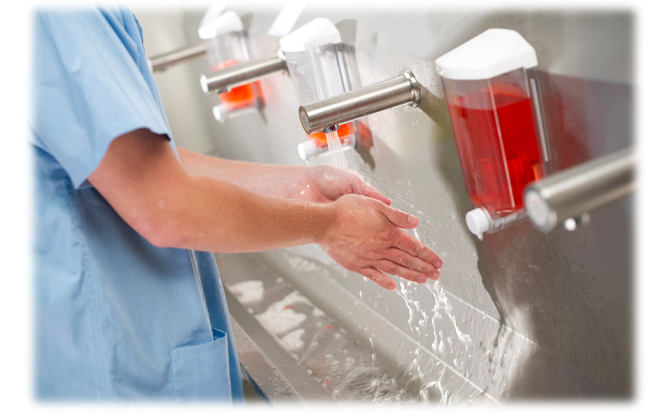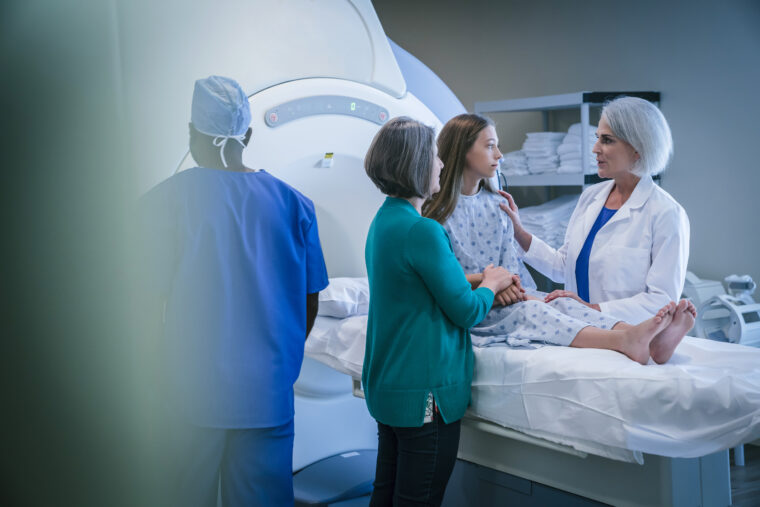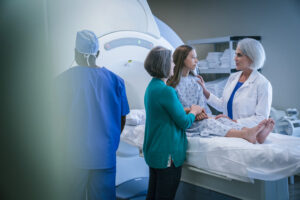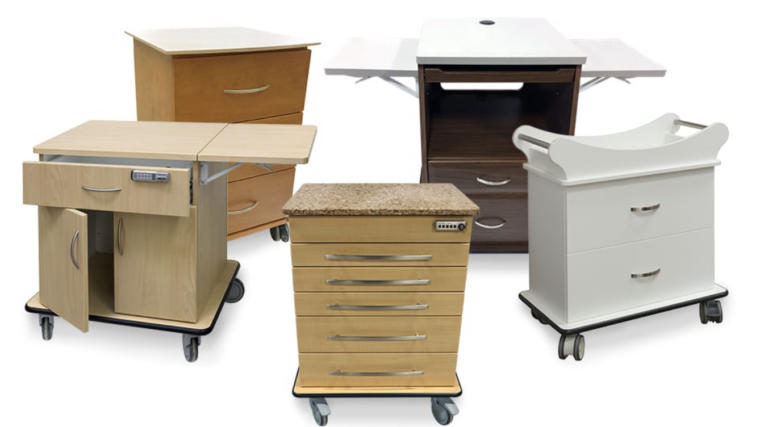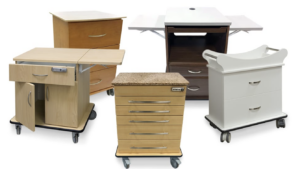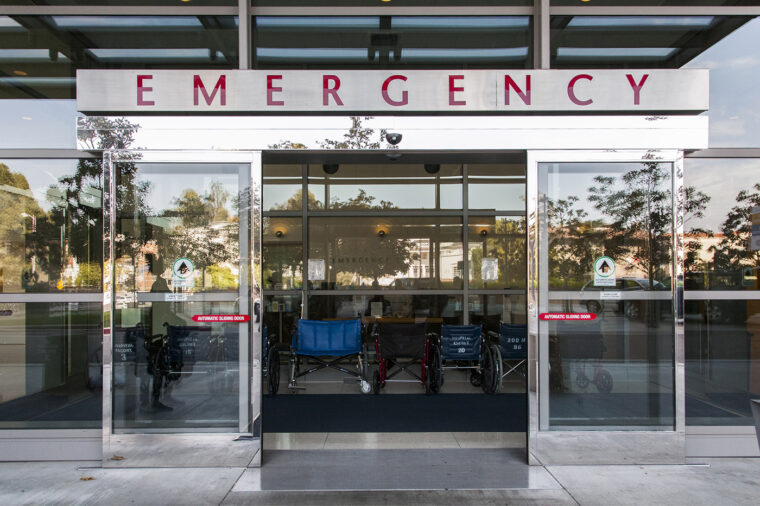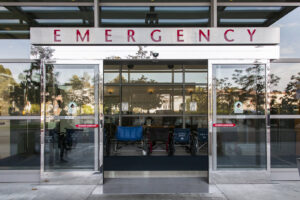
Drug diversion, the redirection of prescription medications from their intended purpose, is a major problem that ultimately affects everybody. This unlawful activity (it’s a felony), whether motivated by personal use or financial gain, is costly and dangerous. It takes an enormous toll on the U.S. health system, as well as on both the people receiving care and those providing the care. Everyone in the pharmaceutical chain of custody, from manufacturers to prescribers to clinicians and other healthcare staff, has a responsibility to help prevent diversion. Local, state and federal government and law enforcement agencies also must do their part.
Efforts must begin with awareness of the problem.
For patients, the diversion of drugs, particularly opiates, can result in various bad outcomes. “In every organization, drug diversion is a potential threat to patient safety,” warns The Joint Commission, a nonprofit body that accredits and certifies healthcare organizations in the United States. “Risks to patients include inadequate pain relief and exposure to infectious diseases from contaminated needles and drugs, compounded by potentially unsafe care due to the health care worker’s impaired performance.”
For healthcare workers, diversion may be an act of desperation resulting from their own drug dependence or an attempt to profit financially from their access to narcotics or other controlled substances. The American Nurses Association and the federal Substance Abuse and Mental Health Services Administration (SAMHSA) have estimated that 10% of nurses may struggle with drug dependence. Nurses aren’t the only ones affected: Addiction strikes workers at all levels, from technicians to top physicians. Drug-dependent healthcare workers pose a threat to themselves and others; in addition to physical harm and even death, they can do irreparable damage to their reputations and careers. The pandemic heightened stress and burnout among healthcare workers, further increasing the motivation and potential for drug diversion.
For healthcare organizations, diversion is not only a legal liability but also a financial drain that costs the industry an estimated $70 billion a year. Diversion at hospitals and other medical facilities can lead to fines, lost Medicare reimbursement eligibility and compromised public trust. Because diversion often goes undetected, however, the true costs—both economically and in terms of medical harm—may never be known. The consequences of supply chain shortages, for example, can be wide-ranging and devastating, affecting every entity in that chain.
The general public pays, too, in the form of higher healthcare costs, including Medicare and Medicaid; risks to public safety; tax money spent on treatment and rehabilitation programs; and other ripple effects.
Storage Systems Unlimited is mindful of its role in the healthcare ecosystem, and privileged to be in a position to help other organizations combat this very real crisis.
Strategies, Tactics and Tools for Combating Drug Diversion
Strategies, tactics and tools for combating drug diversion revolve around accountability, controls and security, tracking and monitoring, education and training, and collaboration among agencies and entities. At every point in the chain of custody, those involved should be aware of their role and the potential repercussions if they fail to fulfill that role.
Efforts at the federal level span multiple agencies, including the Centers for Medicare & Medicaid Services (CMS) and the Diversion Control Division of the Drug Enforcement Administration (DEA), which work with states in various ways. Efforts include reducing improper payments for prescription drugs, identifying providers with high-potential aberrant prescribing patterns, enhancing provider oversight, monitoring pain management clinics, and providing education on best practices.
Prescription drug monitoring programs (PDMPs), electronic databases that track controlled substances prescriptions in a particular state, can alert health officials to suspicious prescription and patient behaviors. CMS encourages physicians and pharmacists to both update and access PDMPs to identify possible abuse.
Within the hospital setting, operating rooms, emergency departments and anesthesiology departments have been especially prone to drug diversion. But the problem is widespread across departments, specialties, roles and ranks.
Nurses’ vulnerability to drug diversion can be attributed to multiple factors. Everyday job pressures and long shifts can add up to stress, anxiety, fatigue, insomnia, and both physical and emotional pain. Easy access to opiates offers a temptation that many can’t resist, and that can quickly become a snowballing problem.
One of the best defenses against drug diversion by nurses is peer awareness. Nurses must be trained not only on how to avoid falling prey to the temptations of narcotics, but also how to recognize signs of drug-impaired or -dependent colleagues. And they must be willing to speak up if they have suspicions about a colleague—to prevent harm and to allow the colleague to receive help if necessary.
Helping Healthcare Organizations Fight Against Drug Diversion
At Storage Systems Unlimited, our offerings include a range of products designed to help healthcare organizations in their fight against drug diversion. For example:
- Narcotics cabinets. A wall-mounted box can safely secure valuable and potentially harmful medication, enabling precise tracking of inventory and deterring theft. Narcotics cabinet 2801AQ from Harloff is made of heavy-duty 18-gauge steel, with dual door construction; true double locking protection with two high-security pick-resistant tubular locks; four separately keyed locks; and full-length stainless steel pinned door hinges that prevent pin removal.
- Medication carts. We offer multiple types of carts that can be customized to meet your medication needs. The Avalo ACSDI Bin Cassette Medication Cart from Capsa Healthcare features keyless access with auto-relocking. The EVA Series of computer carts from Simplifi Medical provides medication security and visibility at the bedside with individually locking, patient-specific drawers that can be accessed by scanning the patient ID barcode. Waterloo’s HTK1-33TTT6 key locking cart has a tamper-resistant key locking system.
- Anesthesia carts. Harloff’s Mini Anesthesia Cart is an electronic locking cart with keypad or proximity access and key lock override, along with drawers that automatically relock after access according to preset or programmed time.
Storage Systems Unlimited is a leading provider of storage solutions for healthcare organizations of all sizes. We offer a multitude of storage products, including carts, shelves, containers and more. We also offer preferred pricing, planning, design, installation and project management for healthcare organization and storage systems. Want to learn more? Contact us at 1-888-614-0004 or request a quote today.
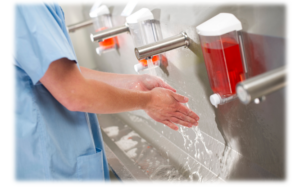 National Handwashing Awareness Week is a reminder of the importance of maintaining proper hand hygiene to prevent the spread of infections. In healthcare facilities, where the risk of infections is particularly high, implementing effective hand sanitation and handwashing practices is paramount. Storage Systems Unlimited recognizes the significance of this week and emphasizes the role of Blickman’s innovative solutions in enhancing infection control.
National Handwashing Awareness Week is a reminder of the importance of maintaining proper hand hygiene to prevent the spread of infections. In healthcare facilities, where the risk of infections is particularly high, implementing effective hand sanitation and handwashing practices is paramount. Storage Systems Unlimited recognizes the significance of this week and emphasizes the role of Blickman’s innovative solutions in enhancing infection control.
